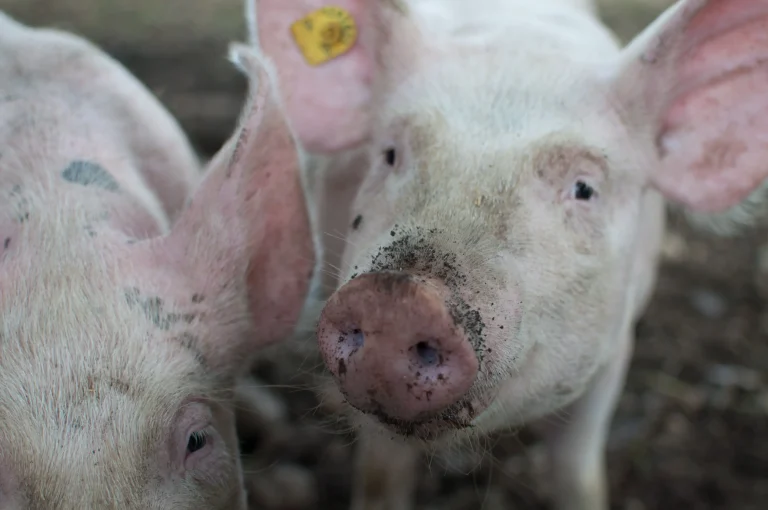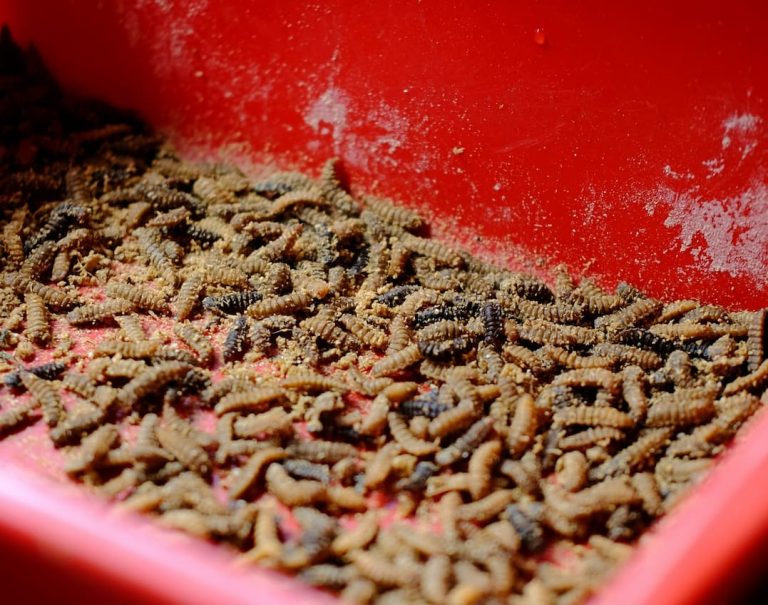Scientists have developed a new class of antimicrobial compounds that can stop udder infections in dairy cows without the use of antibiotics or harsh chemicals, potentially offering farmers a safer and more sustainable way to tackle bovine mastitis.
The compounds, called oligoimidazolium carbon acids (OIMs), were created by researchers at Nanyang Technological University (NTU Singapore) and the Singapore-MIT Alliance for Research and Technology (SMART).
In preliminary farm trials, the OIMs prevented infections after cows were exposed to bacteria, without irritating their skin or affecting milk quality.
Published in Nature Communications, the study shows that OIMs work through a previously unknown antibacterial mechanism. The molecules can rapidly penetrate bacterial cell membranes and destroy the DNA inside, killing even multidrug-resistant strains at much lower doses than conventional agents.
“Our study has unveiled an alternative class of potent antimicrobial compounds that could be used in the agriculture industry to combat multi-drug-resistant bacteria that cause bovine mastitis,” said Professor Mary Chan from NTU Singapore, who co-led the research. “They didn’t spoil the cows’ milk nor make it unsafe for consumption.”
Addressing a costly challenge
The findings address a long-standing problem in the dairy industry. Mastitis — inflammation of the udder tissue — costs producers an estimated US$22 billion a year in lost milk and treatments.
Farmers currently rely on antibiotic therapies and disinfectants such as iodine and chlorhexidine, which can damage the udder skin and increase4s the risk of infection. There are also concerns that those treatments can way into the environment and cause environmental problems such as damaging aquatic life.
OIMs were found to be biodegradable, breaking down into natural, non-toxic molecules after use. Laboratory tests also confirmed that their bacteria-killing power was not reduced by contact with milk, unlike traditional antiseptics.
“With the success of our initial study in both the laboratory and in the field, we are now planning to work closely with industry partners to scale up and do larger trials in dairy cattle, with the aim of commercialising the compounds,” said Professor Paula Hammond, from MIT and SMART.
The team has already started a large-scale farm trial in Malacca, Malaysia, to optimise the OIM formulation. Several agricultural companies in Australia, Belgium, Malaysia and New Zealand have expressed interest in using the technology to prevent — and potentially treat — mastitis in dairy herds.
Co-lead Professor Kevin Pethe said the same mechanism also proved effective in mice infected with drug-resistant bacteria, “opening the way for further biomedical applications”.
Key takeaways
- New antimicrobial compounds called oligoimidazolium carbon acids (OIMs) prevented udder infections in dairy cows without antibiotics.
- OIMs kill multidrug-resistant bacteria by penetrating cell membranes and destroying DNA through a newly discovered mechanism.
- Farm trials showed no udder irritation or milk quality issues, and the compounds remained effective even in contact with milk.
- The molecules are biodegradable, breaking down into non-toxic, non-polluting by-products.
- A large-scale trial is under way in Malacca, Malaysia, with interest from agri-tech firms in Australia, Belgium, Malaysia and New Zealand.
Want to read more stories like this? Sign up to our newsletter for bi-weekly updates on sustainable farming and agtech innovation.









